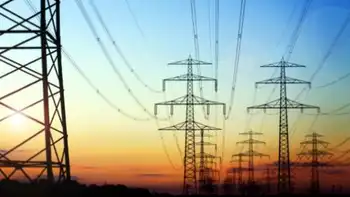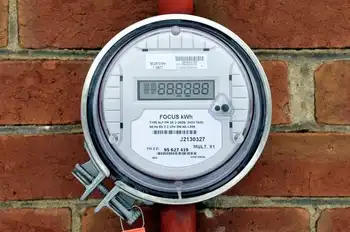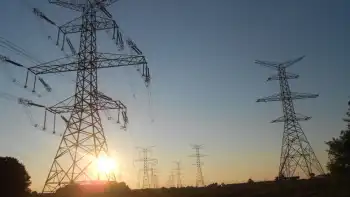JAPC to incorporate Mitsubishi reactors
TOKYO, JAPAN - After 20 years of zero nuclear power development, Japan Atomic Power Company JAPC is planning to expand the production capacity of the Tsuruga Nuclear Power Station TNPS from the current level of 1,517 megawatts MW to 4,593 MW.
TNPS, which is JAPC's second nuclear power station, is in the town of Tsuruga in the Fukui prefecture, approximately 350 kilometers west of Tokyo. The Tokai Nuclear Power Station in the Ibaraki prefecture was Japan's first nuclear power station.
JAPC, with Mitsubishi Heavy Industries Limited MHI as its design-builder and Maeda Corporation as its contractor, is conducting site preparation at TNPS and expects to be finished in April 2012. Construction of Unit 3 will commence immediately afterward, while site preparation of Unit 4 will continue until April 2014. Shortly before Unit 3 is finished in June 2016, construction of Unit 4 is expected to begin. Once Unit 4 is complete and operational in April 2018, TNPS's capacity will increase by 3,076 MW.
Mitsubishi Heavy Industries Limited, which is serving as JAPC's design-builder, will be in charge of the fabrication and installation of two MHI 1,538-MW, advanced pressurized water reactors APWR, one at Unit 3 and one at Unit 4. TNPS will be the first Japanese site to utilize MHI's APWR. Commanche Peak Nuclear Power Plant in Somervell County, Texas, is set to begin construction of its units 3 and 4 during the same timeframe, and will be the first overseas site to incorporate MHI's APWR.
Related News

Electric Ferries Power Up B.C. with CIB Help
VANCOUVER - British Columbia is taking a significant step towards a cleaner transportation future with the electrification of its ferry fleet. BC Ferries, the province's ferry operator, has secured a $75 million loan from the Canada Infrastructure Bank (CIB) to fund the purchase of four zero-emission ferries and the necessary charging infrastructure.
This marks a turning point for BC Ferries, which currently operates a fleet reliant on diesel fuel. The new Island-class electric ferries will be deployed on shorter routes, replacing existing diesel-hybrid vessels. These hybrid ferries will then be redeployed on routes that haven't yet been converted to electric,…




